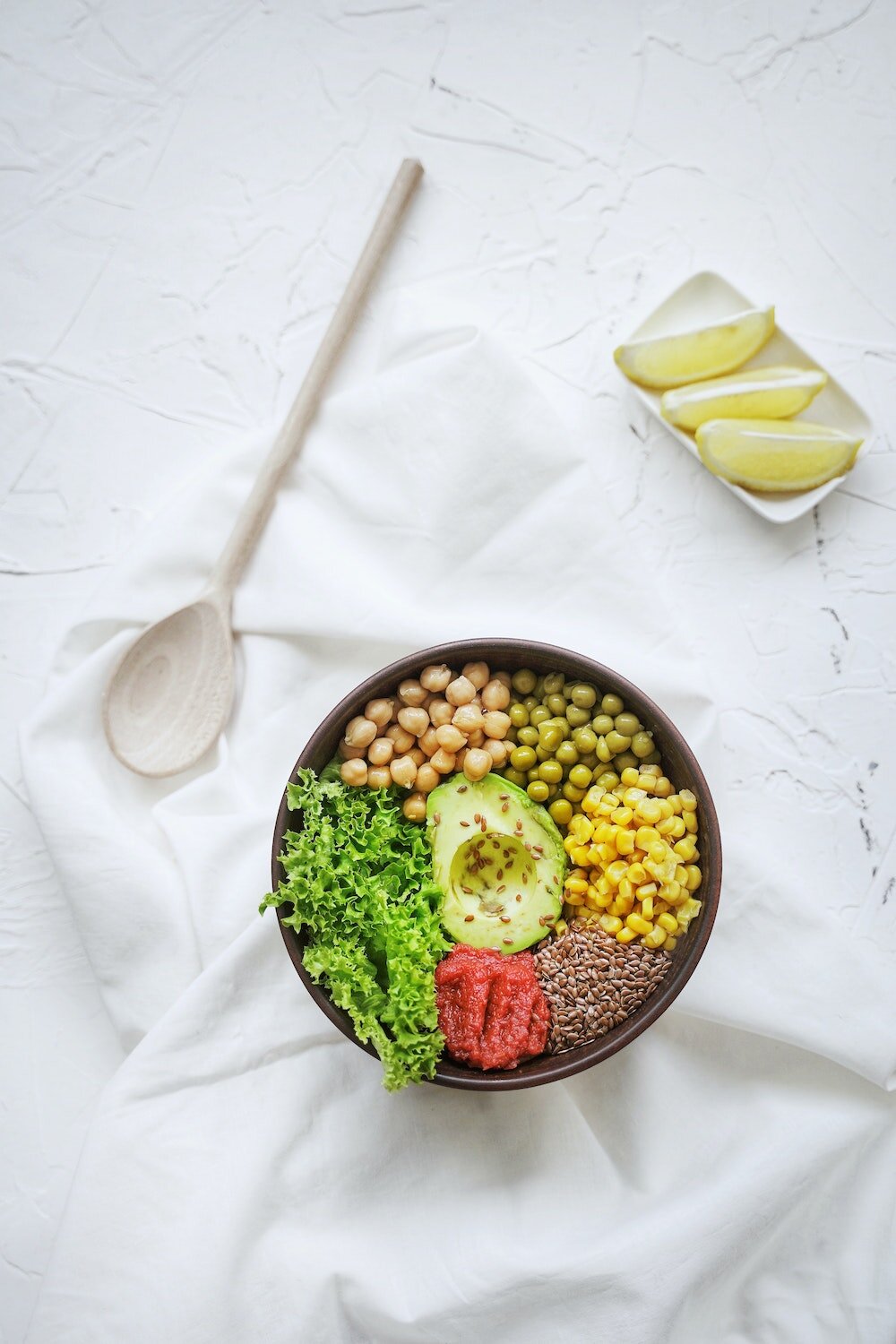
The effects of diet on our skin
Did you know that the skin is the largest organ in the body? Our lifestyle, and particularly our diet, have a great effect on the latter.
Here is a (non-exhaustive) list of some foods/nutrients, and the effects they can have on the skin:
Refined sugars
Simply summarized, refined sugars unbalance the balance of bacteria in the intestine. The latter contains billions of them, which are essential to our proper functioning.
Consumption of sugar increases the production of certain bacteria which, when present in excessive numbers, generate inflammation for our body. In turn, this inflammation reduces the amount of collagen, to which the skin owes its firmness, elasticity and radiance .
The alcohol
In addition to containing a lot of sugar, alcohol dehydrates the body and dilates blood vessels. This can cause dryness, redness, fine lines, rosacea, a pale or yellowish complexion , etc.
Gluten
As with refined sugars, gluten consumption causes inflammation in the body. Indeed, it increases the permeability of the intestine, which means that certain toxins that would normally be eliminated from the body end up in the blood.[1] This can notably cause rosacea and a pale complexion .
Dairy products
In some people more than others, dairy can cause inflammation in the body, which impacts the skin. Additionally, dairy products contain hormones that can interfere with ours, which can lead to acne .
Here, it is not a question of pointing out certain foods or making people feel the obligation to completely eliminate them from their diet. Simply, you must understand that consuming them in excess can cause skin problems.
The water
Good hydration is necessary for the suppleness of the skin as well as its ability to absorb nutrients well. In the case of dehydration, the complexion looks more tired and the skin may even have more fine lines. [2]
Do you know how much water you should consume in a day? To find out more, check out our article on the subject !
Vitamin A
Consumption of vitamin A increases the level of keratin in the skin. This is a protein present in the integumentary system (hair, skin, nails), which protects against external aggressions. In this sense, keratin gives the skin a hydrated and radiant appearance . Vitamin A is found in dark green vegetables (spinach, kale, etc.) and in orange fruits and vegetables (carrot, melon, etc.).
Polyphenols
They are powerful antioxidants that protect against aggressors such as free radicals which, when found in excess in the body, destroy healthy cells. Consumption of polyphenols therefore helps fight against skin aging. They are found in dark chocolate, berries, tea, coffee (consume in moderation), red wine (ditto), etc.
Vitamin C
It is an antioxidant, stimulates collagen synthesis and reduces the appearance of dark spots on the skin . Moreover, many skin care products contain vitamin C. It is found in citrus fruits, cruciferous vegetables (broccoli, green cabbage, Brussels sprouts), peppers, etc.
Vitamin E
Another antioxidant, vitamin E works in a similar way to vitamin C (used together, they form a particularly effective combination to fight against skin aging) . It is found in vegetable oils, tomato paste and puree, asparagus, etc.
Low glycemic index fats
They are essential for maintaining the suppleness of the skin's cell membranes (and are, in some cases, a source of vitamin E). Additionally, healthy fats also support the balance of bacteria in our gut, which decreases inflammation in the body.[1] It is found in: nuts and seeds, olive, sesame, coconut oil, avocado, etc.
Of course, our bodies operate dynamically, and the recipe for beautiful skin is more complex than eliminating certain foods and favoring others. The important thing to remember here is that the skin reflects the general state of health, and in the event of skin problems, it may be beneficial to revise your eating habits.
[1] Perlmutter, D., and Loberg, K. (2016). The intestine helps the brain . Vanves, Fr: Hachette Livre Group (Éditions Marabout).
















